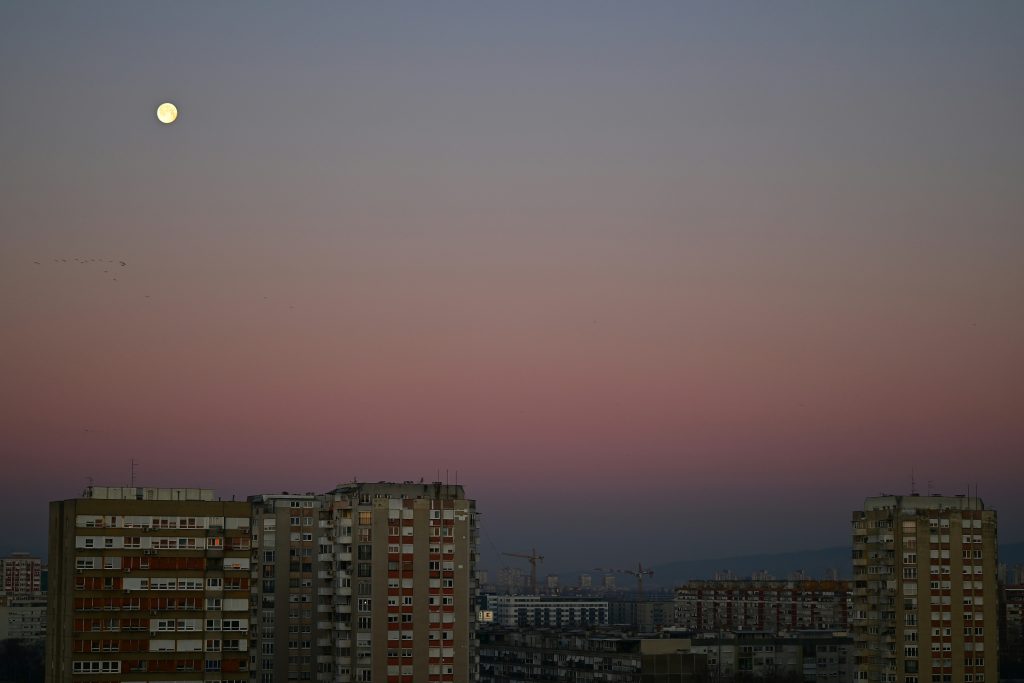May the 16th, 2024 – Headlines surrounding the Croatian rental situation have been circulating for some time now, but it seems the situation is only getting worse.
As Ana Roksandic/Poslovni Dnevnik writes, on the wave of significant property price growth, the Croatian rental situation has grown worse, with costs having skyrocketed. Multiple experts have noted that the Croatian rental situation has transformed into a living hell.
At the same time, it’s currently being estimated that only every tenth landlord across the country is legally registering their subtenants. Owing to such practices, the state budget is being left a massive 40 million euros short. Despite tax evasion numbering millions of euros, the state rental records are themselves full of holes. The Ministry of Finance and the Ministry of Construction and Spatial Planning keep on passing the ball of responsibility between themselves, with no solution in sight.
On the real estate market across Croatia, prices have been exceptionally high for a long time now. The number of would-be property buyers, especially young people, who cannot afford an apartment or a house, is increasing constantly.
It’s hardly surprising that in such a situation, many people have turned to renting apartments and houses, but the situation is far from perfect there either. In the City of Zagreb alone, the price of renting an apartment has increased by a shocking 22.38 percent on an annual basis. The aforementioned figure was calculated by the owner of the Imperium Immobiliare property agency, Filip Brkan.
The fact that the Croatian rental situation in the capital is so awful is being increasingly confirmed by the data on tax and surcharge advances paid to the Tax Administration. In the first three months of this year, 6.8 million euros were paid in taxes and surcharges on income from rent and lease in Zagreb alone, while the year before in the same period, around one million euros less was collected.
Income tax from property (rent) is paid according to the decision of the Tax Administration responsible for the residence or habitual residence of the taxpayer.
At the same time, it should be emphasised that the registration of a rental property to the Tax Administration is a necessary step in order to be able to advertise it on the global platforms Booking.com and Airbnb. However, the big question is how much of this slice of rental “pie” remains entirely unreported and untaxed. It used to be easier to get away with doing this in the past than it is now, but the practice still remains active.
Brkan recently analysed the Croatian rental market in the areas of Zagreb and Split by comparing internet ads (not social media like ads on Facebook) for renting apartments with registrations in the eNekretnine system. Rather unsurprisingly, he discovered some rather enormous disparities.
In the first quarter of 2024, 1,318 apartments were rented in Zagreb, while only 220 properties were registered in the eNekretnine system. Down on the coast in Split, 316 apartments were rented out, while according to the data of the eNekretnine system, a significantly less 240 rented properties were recorded.
registered vs rented…
This concerning gap reflects a possible large disparity between what’s actually being reported and what is in reality being rented out. That said, the Ministry of Spatial Planning, Construction and State Property emphasised that the data from the eNekretnine system “isn’t being kept in a form that would serve to monitor rental activities, but for the purpose of data for evaluations”.
They noted that the Croatian rental situation is being monitored in detail by the Tax Administration. This inquiry was then sent to the Tax Administration. They replied that “in the first quarter of this year in Zagreb, there has been a total of 49,921 taxpayers paying tax on income from property with a basic lease or real estate lease in the area of the Croatian capital. 49,773 such people pay according to the normal procedure, and 148 of them keep their own business books”.
It’s therefore somewhat difficult to estimate how much remains in the “black” because the institutions only have data on what is being legally rented out. Several experts in the field of property and related taxes estimate that the problem of unreported long-term “black” renting out across Croatia is huge.
Authorised tax advisor from TPA Hrvatska, Bojan Huzanić,said that according to the estimates of interest groups, it is considered that only every tenth landlord in Croatia is registering their subtenant. That means that about 90 percent of Croatian rental agreements remain unreported. “This regards the renting out of apartments illegally, without a contract and without paying the appropriate taxes. That damages the state budget by around 40 million euros annually,” Huzanić revealed.
It is important to emphasise that the Tax Administration generally classifies assets into business premises in its books. That includes residential premises, property rights, industrial property, land, movable property and storage space. Therefore, when making a decision on the determined tax on rental income, it doesn’t necessarily have much detailed information about the type of property being rented out. It could be a house, apartment, or something else,” explained Huzanić.
According to Brkan’s experience, the illegal Croatian rental story is typically woven around lower-priced apartments, those for which sub-tenants pay around 700 to 800 euros. It’s especially the case for those which are rented out for 300 to 400 euros. From the position of the owner of a real estate agency, he pointed out the lack of legal protection as a major practical drawback of renting on the black. This is because those who fail to report their subtenants can’t even be protected when any conflict between the two parties arises.
“I can’t say it’s a rule, but I’ve noticed that from those who complain that they have problems with tenants, they’re mostly apartments without contracts and from owners who don’t pay the necessary taxes,” revealed Brkan.











